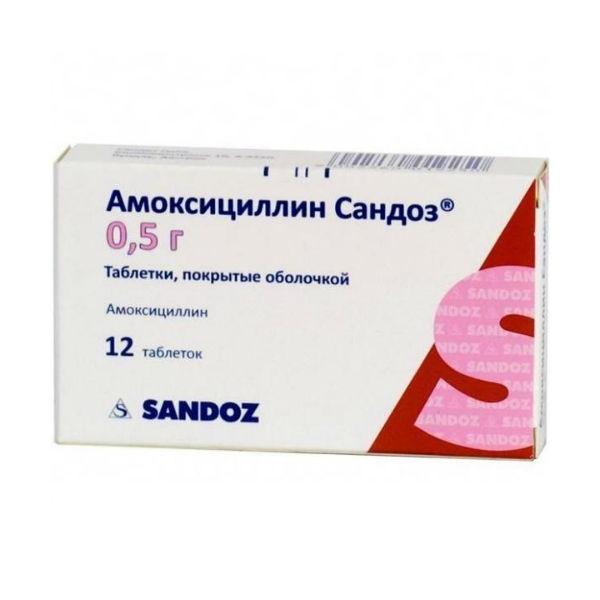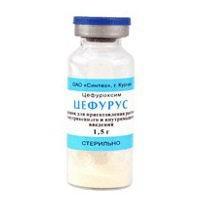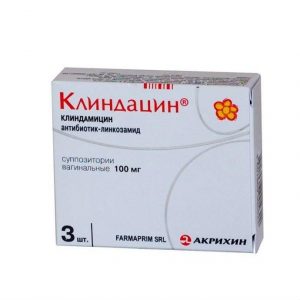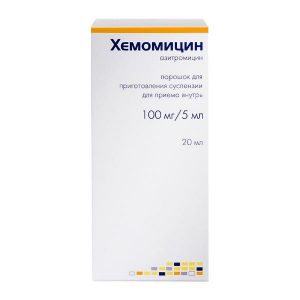Description
Release form
coated tablets
Packing
12 pcs.
Pharmacological action
Amoxicillin is a broad-spectrum antibiotic from the group of semi-synthetic penicillins with a wide spectrum of action. The effect of amoxicillin occurs very quickly. Like other penicillin antibiotics, it inhibits cell wall synthesis.
Amoxicillin is bactericidal and active against gram-positive cocci (Staphylococcus spp., Streptococcus pneumoniae, group A, B, C, G, H, I, M streptococci) gram-negative cocci (Neisseria meningitidis, N. gonorrhoeae) gram-negative bacilli (Esc Shigella spp., Klebsiella spp., Proteus mirabilis, Salmonella, Campilobacter, Haemophilus influenzae, Bordetella pertussis, Chlamydia).
Amoxicillin is active against all microorganisms sensitive to penicillin G: Erysipelothrix rhysiopathiae, Corynebacterium, Bacillus anthracis, Actinomycetes, Streptobacilli, Spirillium minus, pastereulla Multocida, Listeria, Spirochaeta, other, Spirochaetria, Boroma, and Spirochaetria. (including peptococci, peptostreptococci, clostridia and fusobacteria).
Beta-lactamase-producing microorganism strains are resistant to amoxicillin.
Amoxicillin is acid resistant and therefore effective for oral use.
Indications
Bacterial infections caused by pathogens sensitive to Amoxicillin: – acute and chronic respiratory infections (tonsillitis, acute otitis media, pharyngitis, acute sinusitis th and chronic bronchitis, bronchopneumonia, lung abscess)
– acute and chronic infections of the gastrointestinal tract, biliary tract (peritonitis, cholecystitis, intestinal infections)
– acute and chronic infections of the urinary system (pyelonephritis, urethritis, gonorrhea)
– purulent soft tissue infections
– sepsis
Contraindications
– Hypersensitivity to penicillins
– Infectious mononucleosis.
Use during pregnancy and lactation
Data on the possible embryotoxic, teratogenic or mutagenic effects of the drug when taken during pregnancy are currently not available.
Amoxicillin is found in breast milk, which should be considered when prescribing Amoxicillin during lactation.
Special instructions
In patients with hypersensitivity to cephalosporins, carbapenems, the possibility of cross-allergy should be considered.
For severe infections of the gastrointestinal tract accompanied by persistent diarrhea or vomiting, amoxicillin should not be administered orally due to the possibility of poor absorption.
The use of antibiotics is ineffective in the treatment of acute respiratory viral infections.
Special care should be taken in patients with allergic diathesis or asthma and hay fever (hay fever), a history of gastrointestinal tract diseases (especially colitis associated with the use of antibiotics).
With prolonged use of Amoxicillin, nystatin, levorin, or other antifungal drugs should be prescribed at the same time.
With prolonged use of high doses of the drug in patients, liver and kidney function indicators should be monitored, general urinalysis performed. It is advisable to control the picture of peripheral blood.
With prolonged treatment, the possibility of developing superinfection with insensitive microorganisms should be considered, including mushrooms.
During therapy, adequate fluid intake and maintenance of adequate urine output should be ensured.
If watery stool appears, mixed with mucus and blood, abdominal pain, fever, tenesmus, pseudomembranous colitis should be suspected. In this case, Amoxicillin should be discontinued and appropriate treatment prescribed. At the same time, drugs that slow down gastrointestinal motility are contraindicated.
Composition
1 tablet contains amoxicillin trihydrate 500 mg
Dosing and Administration
Adults are prescribed 500 mg 3 times / day. In severe cases of the disease – 1 g 3 times / day.
Children aged 5-10 years are prescribed 250 mg 3 times / day, children 2-5 years old – 125 mg 3 times / day, children under 2 years old – at the rate of 20 mg / kg body weight (divided into 3 doses) . The course of treatment is 5-12 days. The interval between doses is 8 hours.
For the treatment of acute uncomplicated gonorrhea, 3 g is prescribed once (in combination with 1 g of probenecid).
Women are advised to repeat the indicated dose every other day.
In patients with impaired renal function with CC 10-40 ml / min, the interval between doses should be increased to 12 hours with CC less than 10 ml / min, the interval between doses should be 24 hours.
Side effects
Allergic reactions: urticaria, skin rash, erythema, exanthema, Quincke edema, rhinitis, conjunctivitis, photosensitivity rarely – fever, joint pain, eosinophilia in isolated cases – anaphylactic shock.
Other: perhaps the development of superinfection with the appearance of loose stools, nausea.
Drug interaction
The simultaneous use of the drug with probenecid leads to an increase in the concentration of amoxicillin in the blood due to a decrease in its excretion by the kidneys. In this case, the penetration of amoxicillin into the tissue can be reduced.
Storage conditions
Keep dry, protected from light at room temperature.
Deystvuyuschee substances
Amoxicillin
pharmacy terms and conditions
prescription
Form of Treatment
tablets
Indications
Bronchitis, Respiratory infections, Pharyngitis, , Biliary tract infections, Urinary tract infections, Intestinal infections
Possible product names
Amoxicillin 500mg No. 12 tab
AMOXICILLIN SANDOZ 0.5 N12 TABLE P / O
Amoxicillin Sandoz 500mg Tab. p / pl / rev X12 (R)
Amoxicillin Sandoz tablet 500 mg x 12
Amoxicillin Sandoz tablet 0.5 mg N12
Sandoz, Switzerland




